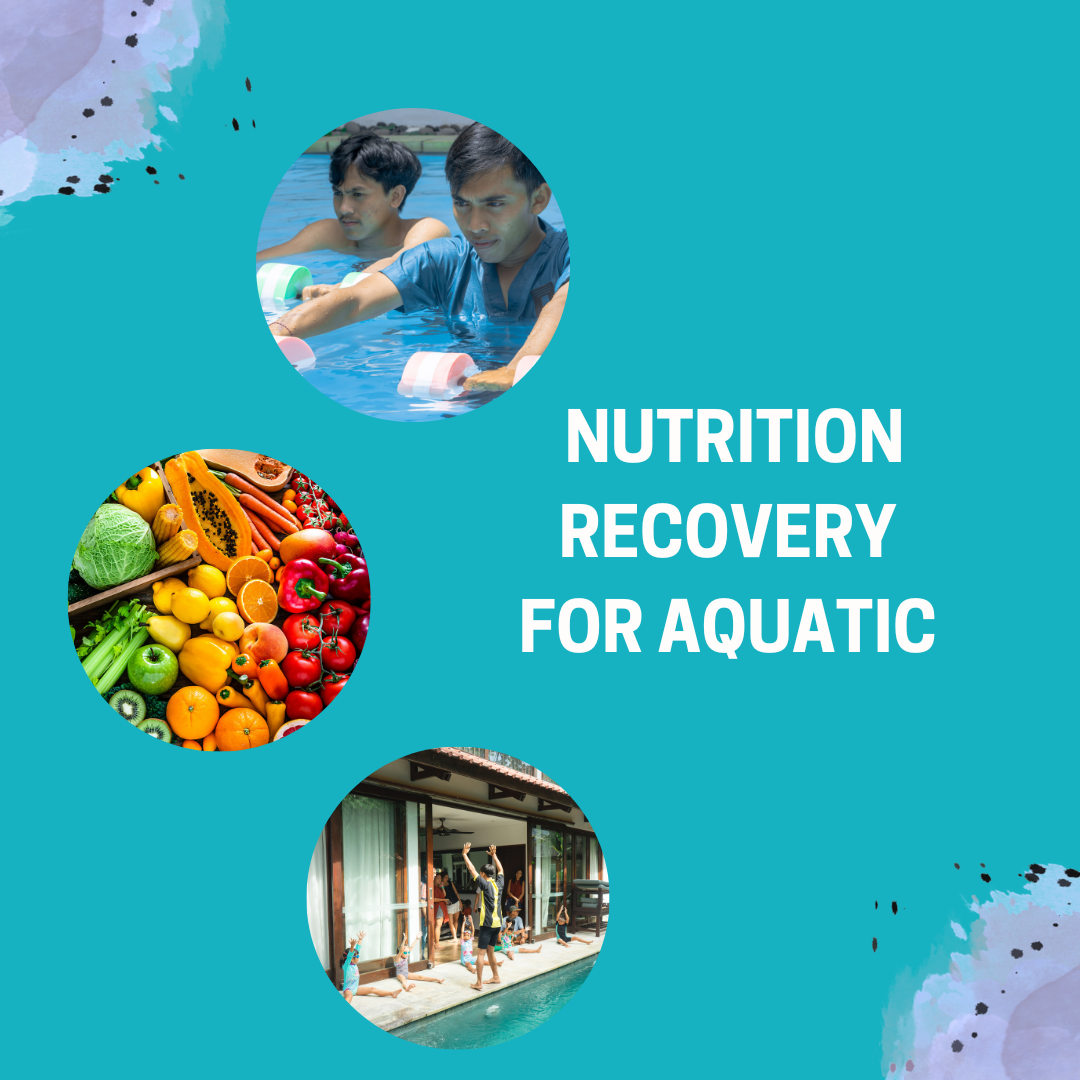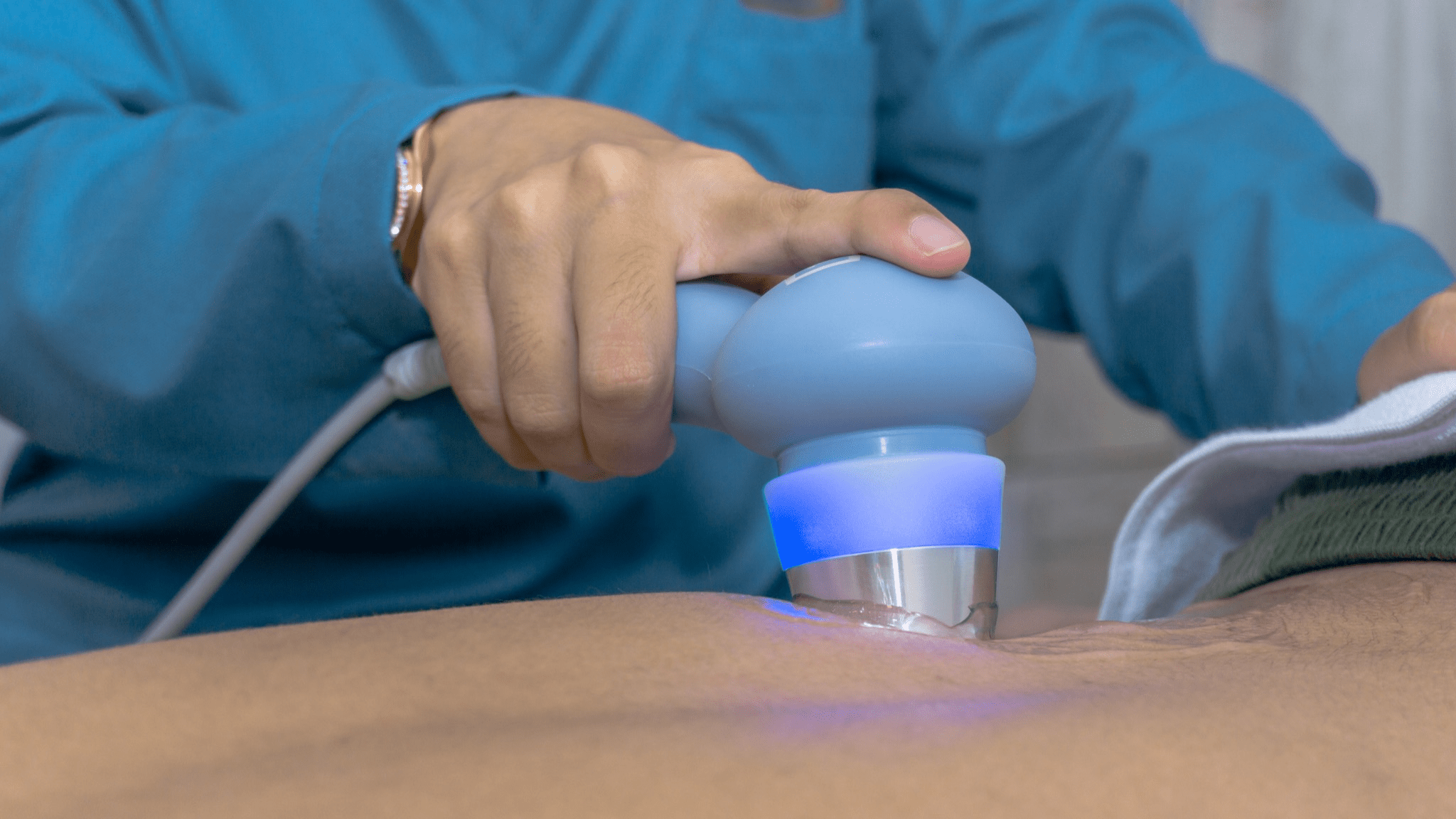
Nutrition for Recovery In Aquatic
Optimizing performance and replenishing the bodys resources in swimmers, divers, water polo, players, and more.
Participating in aquatic sports places unique demands on the body, requaring athletes to possess not only skill and endurance but also an understanding of how to properly refuel and recover for optimal performance, making nutrition for recovery a critical aspect of their trainingregiment. Whether it is swimming, diving, water polo, or any other water-based sport, the intense physical exertion, repetitive movements, and exposure to a challenging aquatic environmen necesssitate specific nutritional strategies to replenish energy stores, repair damaged tissues, and restore the body is physiological and metabolic systems.
In the realm of nutrition for recovery, it is essential for athletes to focus on consuming approppriate amounts of macronutrients, including carbohydrate, proteins, snd fsts. Carbohydrates serve as the primary fuel source during high-intensity workouts, making it crucial to repnish glycogen stores throught the consumption of complex carbohydrates like whole grains, fruits, and vegetable, providing sustainable energy for future training sessions and competitions. Proteins, on the other hand, play a vital rore in tissue repair and muscle recovery, requiring athletes to include lean source such as poultry, fish,dairy, and legumes to support muscle growth and aid in the prevention of injury. Additionally, incorporating healthy fats from sources like avocados, nuts, and olive oil can provide essential fatty acids that help reduce inflammation and support joint health in aquatic athletes.
Ibn addition to macronutrents, micronutrients also play a crucial role in the recovery process for aquatic athletes. Vitamnins and minerals, obtained through a balanced and varied diet, are necessary for maintaining optimal bodily function, supporting the immune system, and aiding in the repair of damage tissues. Adequate intake of vitamin C, Vitamin E, and Zinc, which possess antioxidance properties, can help reduce oxidative stress and promote faster recovery. Furhermore, staying well-hydrated is paramount in aquatic sports due the high water exposure and increased risk of dehydration. Athletes should proritize fluid intake before, during, and after training senssions, opting for water, sports drink, or electolyte-rich beverages to replenish lost fluids and maintain electrolyte balance. While general guidelines can serve as a starting point, it is essential to recognize that the nutritional needs for recovery can very from athlete to athlete. Factors such as body composition, training intensity and duration, individual metabolism, and specific sport requirements should all be considered when designing a personalized nutrition plan for optimal recovery. Consulting with a sports dietitian or nutritionist experinced in aquatic sportd can provide invaluabe guidance, ensuring that athletes receive individualized recommendations to meet their unique needs.
In conclusion, nutrition for recovery plays a fundamental role in the performance and overall well-being of aquatic athletes. By focusing on consuming the appropriate macronutrients,including carbohydrates, proteins, and fast, along with adequate micronutrients and proper hydration, athletes can optimize fatigue, reduce the risk of injury, and ultimately enhance their performance in the pool.








